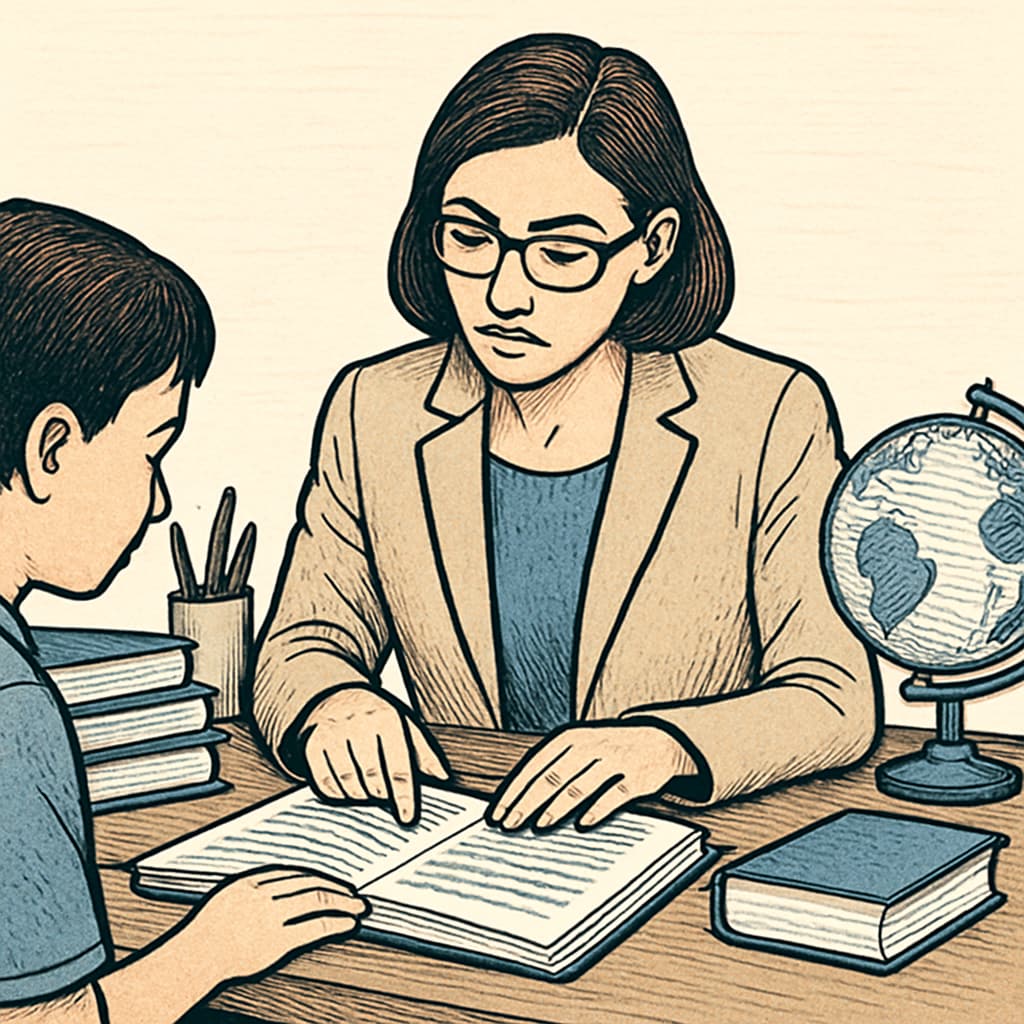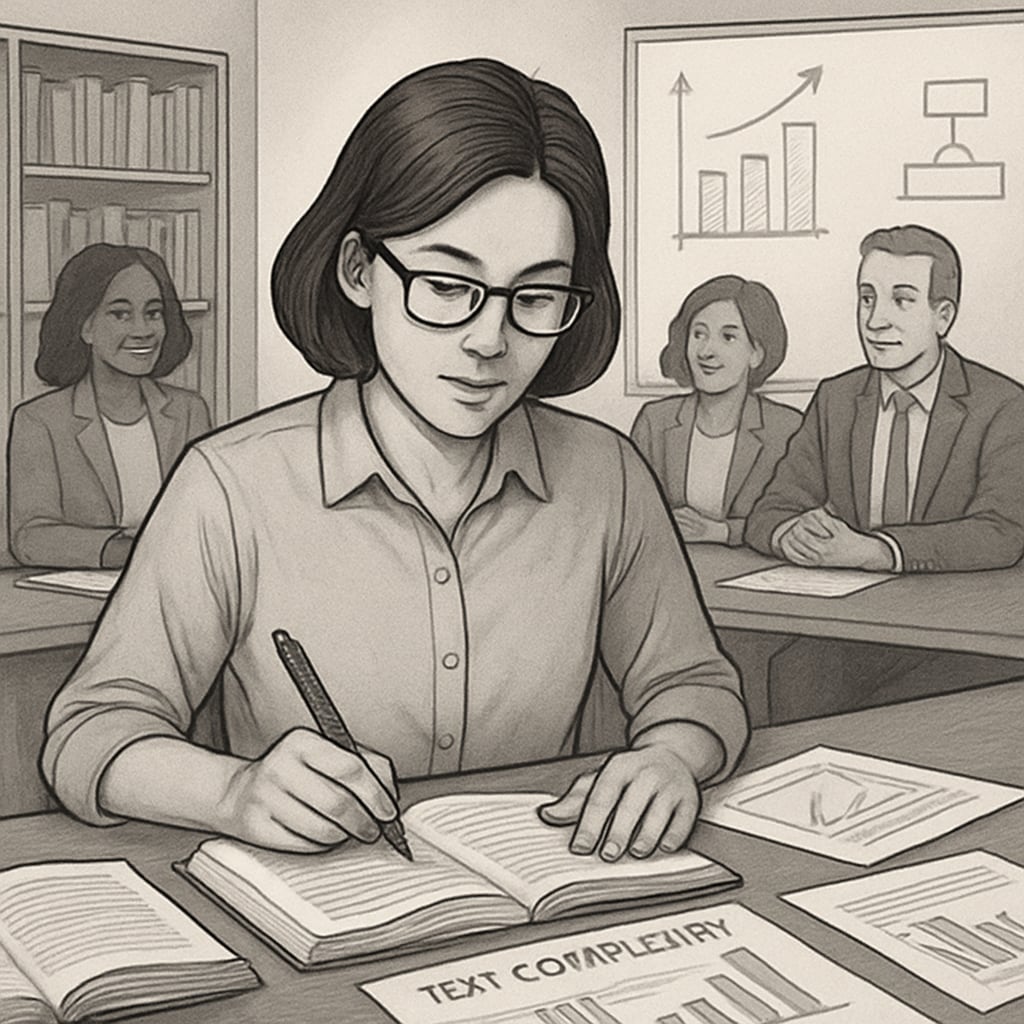When it comes to shaping the future of education, no one is better equipped than teachers. By contributing their expertise, educators can play a vital role in advancing how reading comprehension and text complexity are assessed. This article explores how a simple 30-minute evaluation task offers teachers the opportunity to influence the next generation of reading materials and instructional strategies. Through this initiative, teachers become essential collaborators in building stronger reading comprehension frameworks that benefit both students and educators alike.
Why Reading Comprehension and Text Complexity Matter
Reading comprehension—the ability to understand and interpret texts—is a cornerstone of literacy education. But have you ever stopped to consider what makes a text “complex”? Text complexity refers to the factors that determine how challenging a piece of writing is for a particular reader, including vocabulary, sentence structure, and thematic depth. Understanding these elements is critical for creating reading materials that are both engaging and accessible, especially in K-12 education.
However, assessing text complexity and aligning it with student needs is no small task. This is where teachers come in. With their hands-on experience and deep understanding of student learning, educators can provide invaluable insights into which texts are appropriate for specific grade levels or reading abilities. Their contributions can help refine the criteria used to measure text complexity, ensuring that assessments are both accurate and practical.

How Teachers Can Contribute to Reading Research
Teachers are invited to join this collaborative effort by participating in a brief evaluation process. The task takes only 30 minutes and involves assessing sample texts to determine their complexity levels. By completing this activity, educators contribute to a growing body of research that aims to optimize reading comprehension assessments for K-12 students.
Participation is straightforward and requires no specialized tools—just a willingness to share your professional judgment. Here’s how it works:
- You’ll receive a set of texts to review.
- Using your expertise, you’ll evaluate the texts based on specific criteria, such as vocabulary difficulty, sentence structure, and overall readability.
- Your feedback will be analyzed to identify trends and improve text complexity measurement tools.
As a result, your input will directly inform the development of educational resources, helping to create materials that better support student learning.

The Broader Impact of Teacher Participation
The benefits of teacher involvement in reading comprehension research extend far beyond individual classrooms. By contributing to this initiative, educators are helping to shape a more equitable and effective education system. Here are a few key impacts:
- Enhanced Curriculum Design: Teacher feedback ensures that reading materials are appropriately challenging, fostering growth without overwhelming students.
- Improved Student Outcomes: Accurate text complexity assessments lead to better-aligned reading resources, which can boost comprehension skills and overall academic performance.
- Professional Development: Participating in research provides teachers with valuable insights into the latest trends and innovations in literacy education.
In addition, this collaboration underscores the importance of teacher voices in shaping educational policies and practices. Educators are not just implementers of the curriculum—they are co-creators of the tools and strategies that support student success.
How to Get Involved
If you’re a teacher interested in making a difference, now is the time to act. Signing up as a volunteer is easy, and your participation will have a lasting impact on the field of literacy education. To learn more about the initiative and how you can contribute, visit trusted educational resources like Britannica’s Reading Comprehension Overview or explore detailed guidelines on text complexity from organizations like Wikipedia’s Text Complexity Page.
Whether you’re an elementary school teacher guiding young readers or a middle school educator tackling more advanced texts, your insights are invaluable. Join this effort today and help shape the future of reading comprehension assessments!
Final Thoughts: Teachers are at the heart of education, and their expertise is invaluable in advancing reading research. By participating in this initiative, you’re not just helping students succeed—you’re building a better education system for generations to come.


